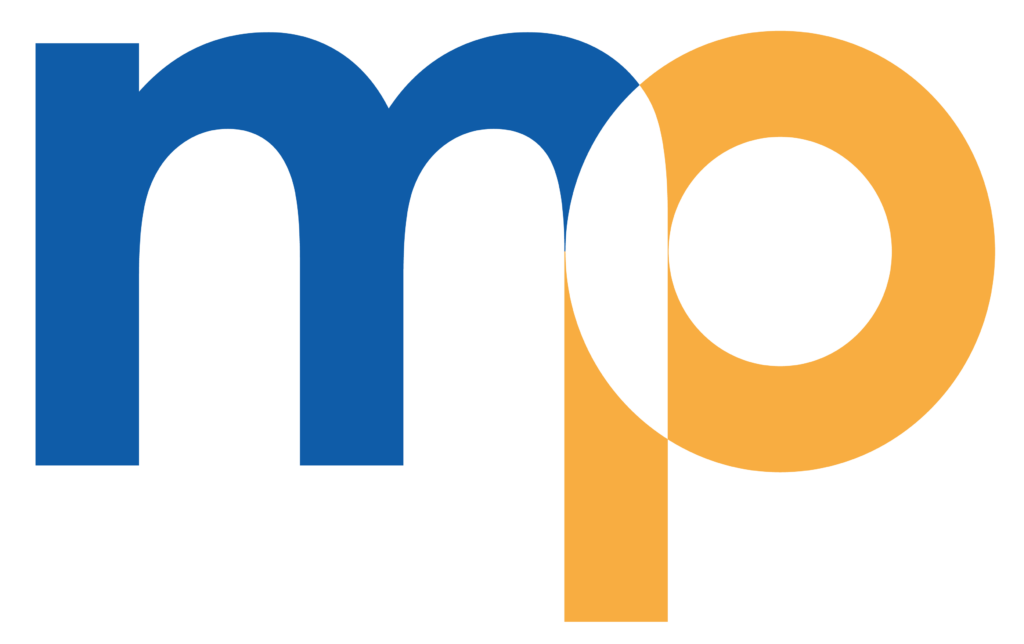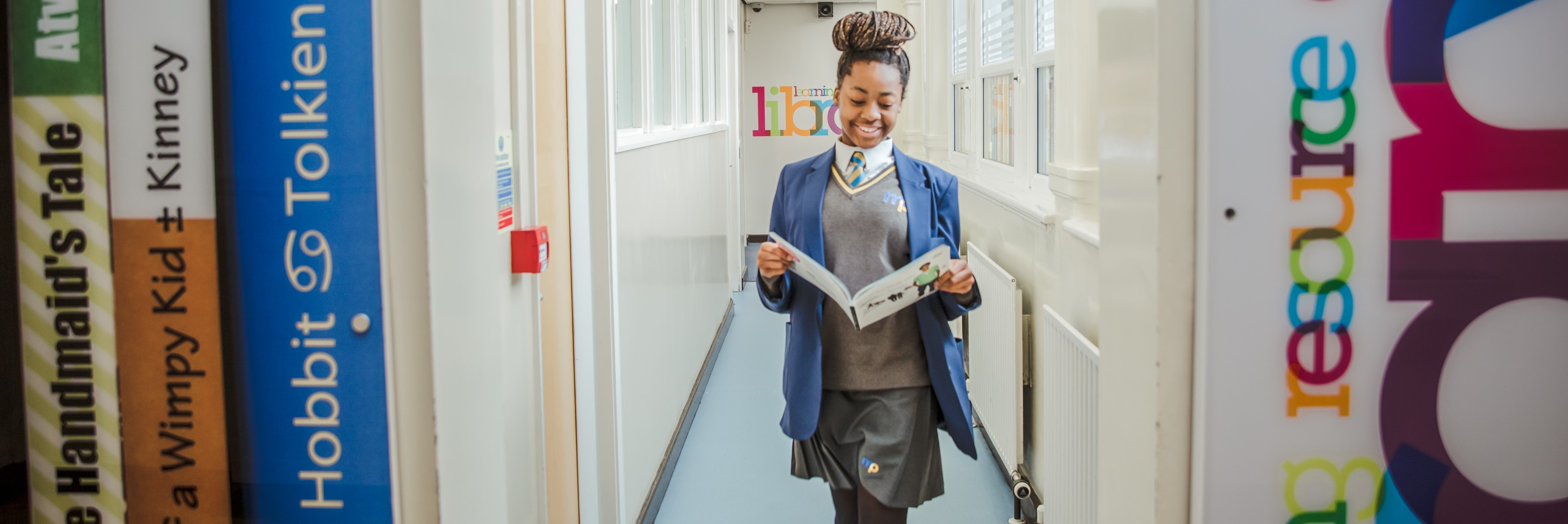Curriculum Statement
At Moor Park High School and Sixth Form we are committed to offering an entitlement curriculum for all. Our vision is founded on the belief that all students deserve a curriculum and opportunities that allow them to access higher education and participate fully in our democratic society. Moor Park High School and Sixth Form’s curriculum is driven by our core values and we are committed to guaranteeing:
- An academic curriculum
- Excellent teaching
- High expectations
- Quality resources
- That every child is known
- Exemplary behaviour
- Quality enrichment
Academic Curriculum
The School operates a 3 year Key Stage 3 and 2 year Key Stage 4. In both Key Stages students follow a weekly timetable of 25 lessons. Each lesson is 60 minutes long.
| Subject | Number of lessons | ||||
| Year 7 | Year 8 | Year 9 | Year 10 | Year 11 | |
| English | 4 | 4 | 3.5 | 5 | 5 |
| Maths | 4 | 4 | 4.5 | 4 | 4 |
| PE | 2 | 2 | 2 | 1.5 | 1.5 |
| RE | 1 | 1 | 1 | 2 | 2 |
| Science (Triple science for Yr10/11 is included in the time allocated for science) | 3 | 3 | 5 | 5 | 5 |
| Geography | 1.5 | 1.5 | 1.5 | ||
| History | 1.5 | 1.5 | 1.5 | ||
| Geography or History | 2.5 | 2.5 | |||
| DT | 2 | 2 | |||
| Art | 1 | 1 | |||
| DT/Art | 2 | ||||
| Computing | 1 | 1 | 1 | ||
| Drama | 1 | 1 | |||
| Music | 1 | 1 | |||
| Drama/Music | 1 | 3 | 3 | ||
| Spanish | 2 | 2 | 2 | ||
| Option A (Spanish, Sports Science, Art, DT Computing or Business | 2.5 | 2.5 | |||
| Option B (Spanish, Music, Performing Arts, HSC, Engineering, Triple Science) | 2.5 | 2.5 | |||
| TOTAL | 25 | 25 | 25 | 25 | 25 |
At Key Stage 5, students’ study programme equates to the required 360 guided learning hours, meaning students study 5 60 minute lessons per week (and 12 if studying for a dual award BTEC).
We offer a full and rich academic curriculum that allows all students, regardless of prior attainment, the entitlement to study Humanities, Sciences and full access to a language over 7 years. Our comprehensive curriculum guarantees that all students will study 2 Humanities subjects up to GCSE level. To ensure this, at the end of Year 9, as part of the options process, all students will select either GCSE History or Geography to compliment compulsory full course GCSE Religious Education up to the end of Year 11. This reflects our commitment to giving all students a strong Humanities curriculum.
At the end of Year 9 students will select 2 options from a range of subjects. The additional concentrated time in these lessons enables students to ‘master’ the subject, fostering deeper knowledge and understanding. All students, regardless of prior attainment, are entitled to choose the subjects that are most appropriate to their needs, interests or future career path. A range of GCSE and Technical Awards qualifications are available to students across Key Stage 4 and our high-quality vocational offer is clearly attached to the local workplace.
All pupils in years 7-13 take part in our Personal development and Wellbeing Programme which has been developed in consultation with teachers, pupils and parents, and in accordance with DfE recommendations. The course covers Citizenship, Relationships Education, Relationships and Sex Education (RSE), Health Education, Careers and additional Moor Park elements which are tailored to address the needs of our students and the local community. The curriculum is taught in distinct 60-minute timetabled lessons and compliments programmes of study in our national curriculum subjects. The teaching of RSE and health education helps to prepare pupils for opportunities, responsibilities and experiences of adult life. It also allows the school to promote the spiritual, moral, social, mental and physical development of pupils as well as promote British values. At Key Stage 5, elements of the programme are delivered through both the morning tutorial programme and within the timetabled enrichment sessions.
Quality assurance and curriculum reviews regularly take place in all faculty areas to ensure a rigorous and demanding curriculum. Long term plans clearly show the progress and the development of learning across Years 7 to 13. Each faculty creates their own subject journey, building on the National Curriculum as prescribed by the Department for Education and adapted to the school’s local context.
The school has reduced bureaucracy allowing qualified subject specialists to focus on curriculum quality. Strong professional learning is provided to all teachers and the school has established links to professional bodies including Teach First, Preston Teaching Alliance and The Chartered College of Learning.
We believe that all students deserve to use the most relevant and high-quality resources throughout every aspect of their learning journey. Every faculty is fully resourced and generous curriculum funding is available to ensure that students learn from the most relevant materials. Recently funds have been used provide students with personal copies of textbooks so that they can continue to study at home. Students are taught in dedicated subject spaces including fully equipped engineering, technology and science suites. The library is fully resourced, and all Key Stage 3 students spend at least one lesson each week in the library to read and follow the school’s Accelerated Reader scheme.
Quality Enrichment
At Moor Park all students in Years 7-13 participate in our award-winning enrichment programme. Our aim is to nurture and develop each student and we therefore build into our curriculum an entitlement to enrichment and extension experiences. This is delivered in a variety of ways:
- Timetabled music lessons: Free weekly peripatetic lessons for every student in year 7 and all students wishing to continue their tuition in Years 8-13. Instruments are provided to all students involved in the programme.
- Enrichment Week: Full days where the regular timetable is collapsed to enable a range of creative and exciting learning opportunities.
- Workshops and visiting speakers to school: Trips and visits that are specifically linked into the curriculum.
- Extra-curricular opportunities and activities: A comprehensive weekly timetable including lunchtime and after school activities.
In addition, we also work to identify individual student needs and provide specialised and targeted support to ensure all students reach their full potential. This support can take many forms including literacy or numeracy tuition with our KS2 teacher, EAL support with a dedicated member of staff or access to pastoral programmes including work with one of our Emotional Literacy Support Assistants.
Cultural capital is addressed through all areas of the school. We recognise that for students to aspire and be successful academically and in the wider areas of their lives, they need to be given rich and sustained opportunities to develop their cultural capital. This is addressed through each subject area, as we build in an entitlement to cultural capital that will:
- Be formally taught as part of the curriculum.
- Be delivered through our enrichment offer; activities which may unlock or extend understanding
- Be targeted; where students may be invited to a specific intervention to ensure they are not disadvantaged educationally or experientially
Our comprehensive careers, education, information, advice and guidance programme begins in Year 7 and each year group take part in a range of activities that aim to challenge career stereotypes, develop an understanding of the world of work and enable students to feel fully prepared to take their next steps and for life beyond our school and sixth form. Students benefit from working with a range of local employers and an independent careers advisor (Year 10 onwards). Our careers programme is delivered through a combination of whole-school and faculty-led activities, ensuring that careers education is embedded within the curriculum and adheres to the Gatsby Benchmarks
At Key Stage 5, students have a timetabled ‘enrichment’ session, delivered by the Key Stage 5 Learning Mentor. These sessions cover a wide range of topics but are primarily designed to develop students into active and conscientious members of society. Y12 students also attend 3 20 minute tutorial sessions during registration time and these sessions are designed to ensure a smooth transition from Key Stage 4 to Key Stage 5 and include time for 1-1 meetings between form tutors and students. The sixth form council (comprising of both Year 12 and Year 13 students), meets half termly to discuss, plan and enact sixth form social and charitable activities.
Should you wish to find out more information about the school’s curriculum, please contact the school direct.

